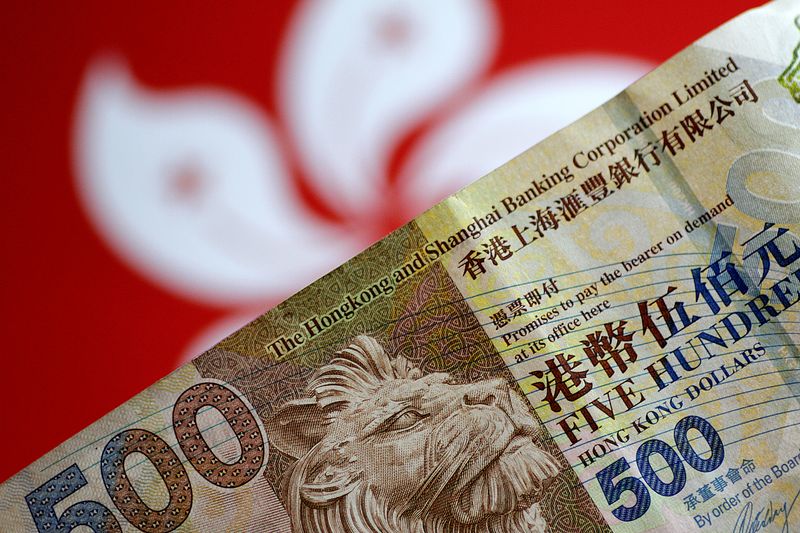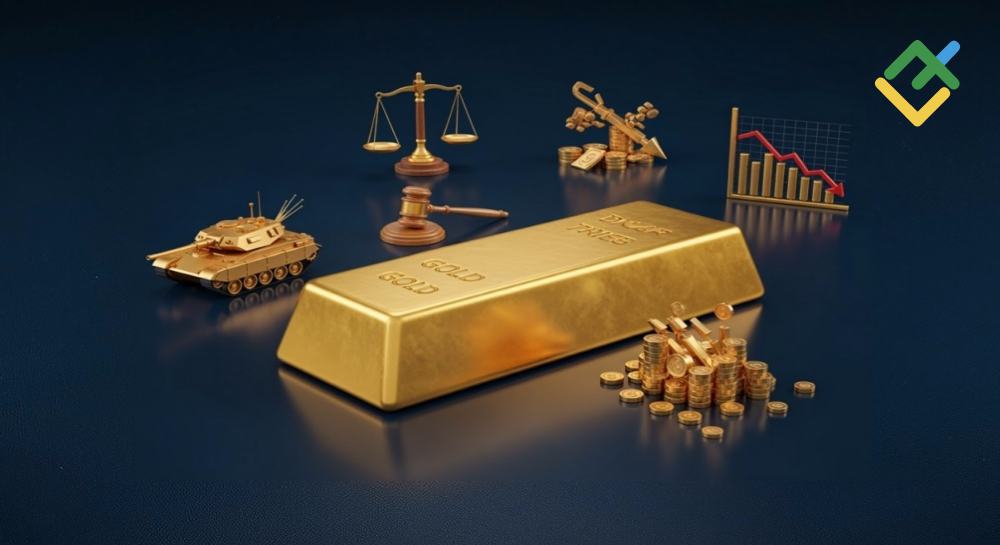
HONG KONG/SHANGHAI (Reuters) – Hong Kong has no intention and sees no need to change the system that pegs the city’s currency in a tight band to the U.S. dollar and has the ability to defend it, the chief executive of Hong Kong’s de facto central bank said on Thursday.
Eddie Yue made the remarks amid recent strength in the Hong Kong dollar, which surged to a 3-1/2 year high against the U.S. currency last week, not far from testing the strong end of the system’s trading band.
Under Hong Kong’s Linked Exchange Rate System (LERS), the financial hub’s currency is confined to a range between 7.75 and 7.85 to the greenback, and the Hong Kong Monetary Authority (HKMA) is committed to intervening to maintain the band.
“Despite the recent interest in LERS and even speculation regarding potential geopolitical shocks, the Hong Kong dollar market has continued to operate smoothly in accordance with the design of the LERS,” Yue said in a statement posted on HKMA’s website.
“And let me reiterate, we have no intention and we see no need to change the LERS.”
The financial hub has sizeable foreign reserves of over $420 billion, equivalent to about 1.7 times its monetary base, which Yue said meant “ensuring the smooth functioning of the LERS at all times”.
A string of factors, including seasonal funding shortages, buying by mainland Chinese investors and listed companies’ increasing dividend payments contributed to the tight liquidity in Hong Kong and underpinned the currency, traders and analysts said.
Yue said the HKMA was paying close attention to discussions about the exchange rate system, which has weathered numerous economic cycles and multiple financial crises.
“As a small, open economy and major international financial centre, exchange rate stability is crucial for Hong Kong,” Yue said, dismissing the view that a strengthening Hong Kong dollar alongside the greenback would hinder the city’s economic recovery.
Analysts at Barclays (LON:BARC) expect the Hong Kong dollar to stay close to 7.75 per dollar in January, but look for it to weaken subsequently.

“We think global factors are likely to keep sentiment subdued and support USD/HKD, especially after the positive impulse from dividend payouts by HK-listed firms and (as) IPO activity fades,” they said in a note published this week.
“The onshore buying of Hong Kong stocks may continue due to lack of better investment alternatives, but it would need more foreign participants to buy Hong Kong stocks for HKD demand to be lifted more durably.”
This post is originally published on INVESTING.




